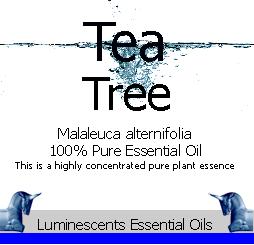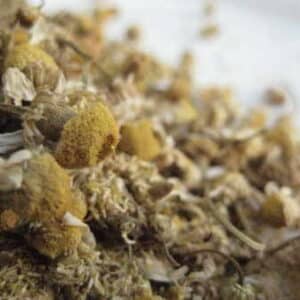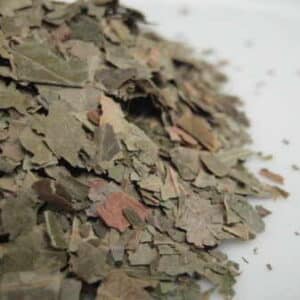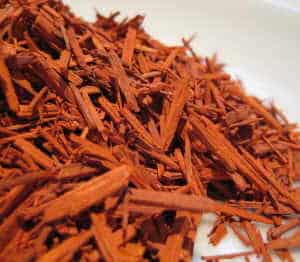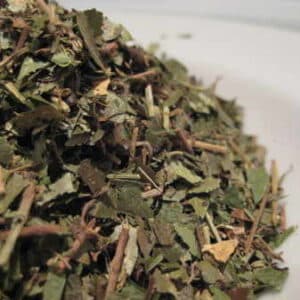Tea Tree (Malaleuca alternifolia) 100% Pure Essential Oil
£5.00 – £20.00
BOTANICAL NAME: Malaleuca alternifolia
SCENT: Tea Tree essential oil has a fresh, antiseptic and medicinal scent. It also has characteristic mint and spice back-notes.
STRENGTH OF AROMA: Medium
PLANT PART USED: Leaves
EXTRACTION METHOD: Steam Distillation.
ORIGIN: Australia
COLOUR: Tea Tree essential oil is colourless to pale yellow in hue.
CONSISTENCY: Thin
NOTE: Middle
The Tea Tree is a small tree or shrub with needle-like leaves. It is also domestically referred to as Ti-tree. It can grow up to 7 metres in height and thrives in marshy areas, though it is now cultivated in plantations. The Tea Tree is very robust; it is ready for cutting only two years after its previous harvest.
REPORTED ATTRIBUTES:
Traditional and Emotional uses reportedly include:-
Used in vapour therapy, Tea Tree oil can help with colds, measles, sinusitis and viral infections.
For skin and hair, Tea Tree has been used for acne, oily skin, head lice and dandruff. As essential oils have become more accepted by the public, the use of Tea Tree has increased significantly. This can be readily evidenced by the commercial products now using Tea Tree essential oil.
Tea Tree essential oil can help to fight all three categories of infectious organisms (Bacteria, Fungi, and Viruses)
BLENDS WELL WITH
Tea Tree essential oil blends particularly well with Cinnamon, Clary Sage, Clove, Geranium, Lavender, Lemon, Myrrh, Nutmeg, Rosewood, Rosemary and Thyme.
HISTORY:
The aboriginal people of Australia have long used Tea tree oil; similarly, Tea tree has a long history of use within the field of aromatherapy. In World War Two, the producers and the cutters of Tea Tree were exempt from military service until enough essential oil had been accumulated. The oil was a highly valued product as it was issued to each soldier and sailor as part of their kit in order to treat tropical infections and infected wounds.
CAUTIONS
Tea Tree essential oil may cause dermal sensitization in some people.
| Size (ml) | 100ml, 10ml, 200ml, 25ml, 2ml, 50ml, 5ml, sampler |
|---|
